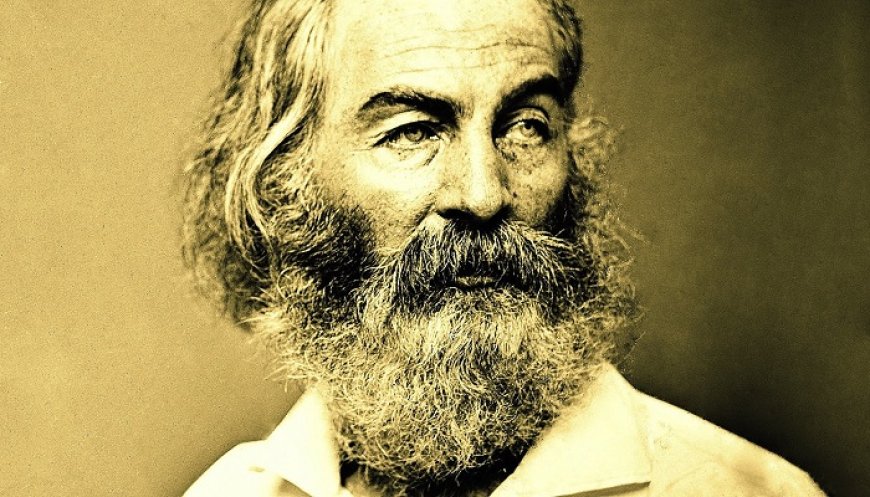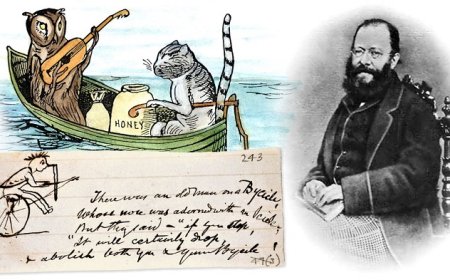30 Walt Whitman Poems About Praise You May Be Interested In
Walt Whitman stands as one of America’s most important and original poets. His poetry speaks with a powerful and open voice. He celebrated democracy, nature, the human body, and the soul.

Walt Whitman?stands as one of Americas most important and original poets. His poetry speaks with a powerful and open voice. He celebrated democracy, nature, the human body, and the soul. He praised the common people. He honored work, struggle, and the mysteries of life. More than anything, Whitmans poetry often expressed a deep sense ofpraisepraise for existence itself.
Whitmans major work,Leaves of Grass, contains a wide range of poetic styles and themes. It evolved throughout his life. He revised and expanded the collection in several editions. Within these pages, readers can find dozens of poems that express joy, admiration, respect, and spiritual wonder. Whether praising the body, the laborer, the landscape, or the souls journey, Whitman gives his words with boldness and passion.
In this article, we explore thirty poems by Walt Whitman that center onpraise. These poems may uplift the spirit, open the heart, or stir the readers mind. Each one reflects a facet of Whitmans poetic vision. The language is often simple. The meaning, however, reaches deep.
1. Song of Myself
This long poem stands at the heart of Whitmans work. It is both personal and universal. He praises the self, the soul, and the world around him. He celebrates the human body and the interconnectedness of all people.
2. I Sing the Body Electric
In this poem, Whitman praises the human form. He sees beauty and holiness in both male and female bodies. He connects physical appearance with spiritual worth. The poem is a hymn to the human presence.
3. Ones-Self I Sing
This poem begins with a declaration of praise. Whitman sings the self, the individual, the modern man. He honors equality between body and soul, between male and female.
4. I Hear America Singing
This short, joyful poem praises the working people of America. It gives attention to mechanics, carpenters, mothers, and more. Each persons song becomes part of a national chorus.
5. Song of the Open Road
Here, Whitman praises freedom and travel. He walks forward on the open road and invites others to join him. The poem lifts up the spirit of movement and possibility.
6. Crossing Brooklyn Ferry
Whitman reflects on time and unity. He praises the shared experience of people across generations. The river becomes a symbol of connection.
7. When Lilacs Last in the Dooryard Bloomd
This elegy for President Lincoln is filled with deep sorrow, but also reverence. Whitman praises Lincoln and honors his death with images of nature and song.
8. Out of the Cradle Endlessly Rocking
This poem combines memory, longing, and music. Whitman praises the mysterious power of nature and the origin of poetic inspiration.
9. A Noiseless Patient Spider
Whitman praises the souls brave efforts. Like a spider casting its thread, the soul seeks meaning and connection. The poem quietly honors persistence.
10. O Captain! My Captain!
In this famous elegy for Lincoln, Whitman uses nautical imagery to praise leadership and sacrifice. The tone is both admiring and grieving.
11. Salut Au Monde!
This energetic poem praises the people of the entire world. Whitman addresses many nations, cultures, and languages with open arms. He expresses love for global humanity.
12. Faces
Whitman looks closely at human faces. He sees mystery and story in each one. The poem praises the uniqueness of each person.
13. To You
This short piece addresses the unknown reader. It praises the bond between poet and audience. It also hints at shared understanding beyond time and space.
14. A Song for Occupations
Here, Whitman praises everyday labor. He respects work of all kinds. He sees dignity in effort and equality among all workers.
15. There Was a Child Went Forth
This poem praises childhood and learning. Every object and person the child sees becomes part of him. Whitman celebrates growth and perception.
16. I Sit and Look Out
Though this poem focuses on suffering, it still contains admiration. Whitman honors those who endure pain in silence. He bears witness with respect.
17. By Blue Ontarios Shore
In this poem, Whitman praises the future of America. He envisions a strong, poetic voice rising from the nation. He ties poetry with freedom.
18. When I Heard the Learnd Astronomer
Whitman quietly praises the experience of wonder. Instead of scientific charts, he chooses direct experience of the stars. The poem honors silent awe.
19. Miracles
This poem declares that everything is a miracle. From daily scenes to large events, Whitman praises all things with equal joy. Nothing is too small.
20. This Compost
Whitman praises the healing power of nature. Even death and decay return to life. The earth renews itself. He admires its silent work.
21. From Pent-Up Aching Rivers
This passionate poem praises desire. Whitman expresses human longing without shame. He lifts it up as a natural and sacred force.
22. A Song of Joys
This poem overflows with praise. Whitman sings of many thingslaughter, labor, landscapes, friendship. He names joy after joy.
23. Whoever You Are Holding Me Now in Hand
Whitman addresses the reader with intimacy. He praises connection between writer and reader. He asks for deep, honest attention.
24. The Sleepers
In this visionary poem, Whitman walks among sleeping people. He blesses them. He enters their dreams. He praises their hidden lives.
25. From Noon to Starry Night
This sequence contains several poems that praise time, nature, and the unfolding of the day. Whitman moves from sunlight to starlight with reverence.
26. A Clear Midnight
Whitman praises the quiet hour of reflection. He honors the souls need for thought, poetry, and night. It is a peaceful poem of praise.
27. Earth, My Likeness
The poet speaks to the Earth as a mirror. He praises the world as both companion and reflection. There is intimacy in the voice.
28. To a Stranger
Whitman praises human connectioneven a momentary glance. He suggests that all people may share deep, hidden bonds.
29. As I Ebbd with the Ocean of Life
Though filled with self-doubt, this poem ends with renewal. Whitman finds praise in struggle. He honors the ocean and his own poetic path.
30. Spirit That Formd This Scene
Whitman praises the spirit of creation. He walks in nature and addresses the unseen force behind it. The tone is mystical and grand.
Conclusion: The Many Faces of Praise in Whitmans Work
Walt Whitman wrote with a wide and generous heart. He found praise in the body, the soul, the earth, the stars, the worker, and the unknown reader. His voice welcomed all. It blessed the ordinary and the divine.
Through these thirty poems, we hear Whitmans deep affirmation of life. His praise is not limited to religion or poetryit fills every corner of human experience. He invites the reader to see, to feel, and to celebrate. In Whitmans world, every person and every moment is worthy of song.




























